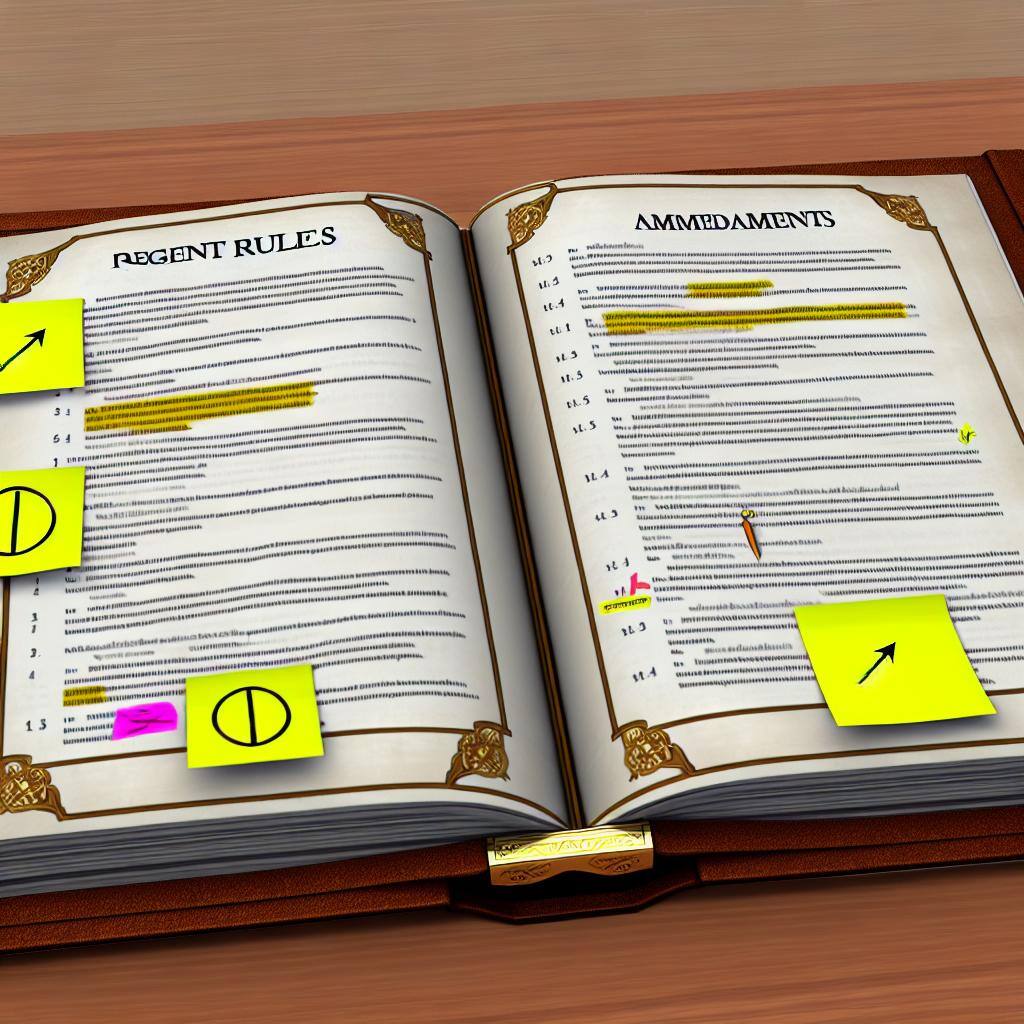DKH Retail Ltd v City Football Group Ltd
Man City ordered to mediate
This case was a trade mark dispute but to make up for that it involved the owners of the Superdry clothing brand and Man City's commercial wing. I'm focussing on the second issue in the case which was the claimant's application for a compulsory mediation before trial.
Such applications are now possible because of the judgment in Churchill v Merthyr Tydfil County Borough Council. The case has been followed by amendments to the Cicil Procedure rules including in CPR 1.4 which now includes an express power to order parties to take part in ADR which may of course include mediation.
Arguments for compulsory mediation
The claimants made an number of arguments for mediation including "there are several variables in the dispute between the parties which might allow an out-of-court compromise (and which might not be available in a judgment of the court)."
This is typical of inheritance disputes where creative solutions about what to do with a holiday home, for example, are open to the parties but not to the court. Or in personal injury cases where an apology is important to the claimant, the court does not have the power to order that.
Arguments against compulsory mediation
The defendants were against mediation arguing:
- Mediation should only be ordered where there was a realistic prospect of success and this was not such a case.
- The defendant wanted a judicial ruling on the issue.
- It was very late in the proceedings to order mediations, the parties had already spent hundreds of thousands of pounds and the trial was imminent.
- The defendants had very little availabilty for a mediation in the time period being sort.
- The mediation would fail.
Mr Justice Miles sitting in the High Court ordered the mediation to go ahead. In answer to the point about the parties needing a ruling he said "... nonetheless the parties come through ADR to recognise the desirability of settling for less than their strict legal rights and compromising their positions. Experience shows that mediation is capable of cracking even the hardest nuts. The process sometimes succeeds in cases where the parties appear at first to have intractable differences."
The judge agreed that a mediation would focus on solutions "rather than raking over historical grievances." He also rejected the argument that it was too late in the day to mediate noting that the opposite objection to mediation - that it is too early in the process - is often made. From my own extensive experience of mediating litigated and pre-litigated cases there is actually no statistically significant differnece in the settlement rates. The much more important factor being whether the parties have properly prepared for the mediation.
Rejecting the argument that both sides had experienced solicitors so if a settlement was realsistic they would have found one by now the judge said "...bringing the parties together through mediation can overcome an entrenched reluctance of parties to negotiate, even where sincere. The purpose of mediation is to remove roadblocks to settlement...The range of options available to the parties to resolve the dispute through mediation goes beyond the binary answer a court could provide. There may be solutions other than yes or no."
And finally ...
The judge ordered the parties to report the outcome to the court as soon as possible after the mediation. We know that they did just that because we find this at the end of the judgment:
"Postscript: on 13 January 2025 the parties notified the court that they had settled their dispute."

 By
By

